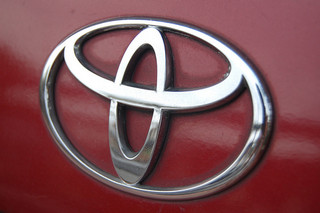Automakers Back to Pre-recession Bad Habits, According to Study

A new study released by Planning Perspectives, the 2013 OEM Supplier Study, suggests that the six biggest auto manufacturers are slipping back into the poor supplier relations that contributed to their problems. This is a serious issue, considering that these manufacturers pay suppliers about 60-70 percent of their gross revenues each year.
According to the study, Toyota is still at the top of the list when it comes to relationships with their suppliers. However, even the top dog scored only 297 out of a possible 500, a mere one point improvement over their score from last year. The rating is comprised of scores given by 583 suppliers which responded to the survey.
Honda remains in second top spot on the list, but has dropped six points from last year. The list then rates Ford, Nissan, General Motors, and Chrysler, in that order. Essentially, there was very little change in the way suppliers feel these companies are managing their relationships. The list makes up the Supplier Working Relations Index of each of these companies.
According to president and CEO of Planning Perspectives, John Hinkle, the auto manufacturers either lack a solid plan in place to improve supplier relations, or are not pushing forward with these plans. Two things Hinkle feels would help are improving communications and getting the automotive engineers more involved in the supplier relations process.
These six manufacturers produce 77 percent of all the lightweight vehicles sold in the United States. Europe’s big three, Volkswagen, BMW, and Mercedes, are scored in a separate report. Challenges the manufacturers and their suppliers face moving forward include new fuel economy standards, more environmental regulations, and increasing global competition.
Companies who see the best supplier relations are willing to invest in new technologies, go beyond contractual terms, and offer better price concessions. Companies who score poorly generally receive less benefits from their contracts and are often forced to deal with less experienced representatives to handle issues.






